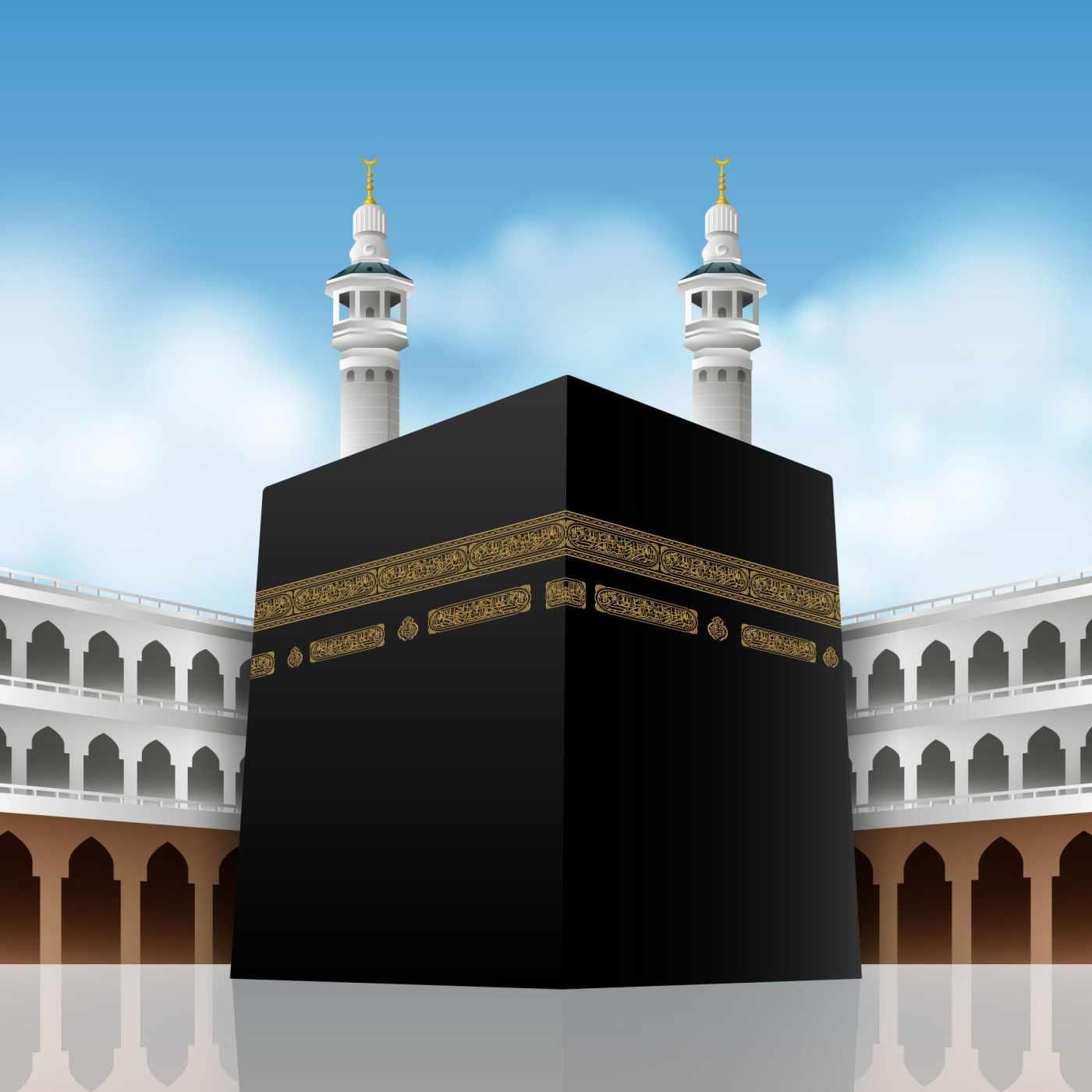The annual Islamic pilgrimages of Hajj and Umrah hold profound significance in the hearts of millions of Muslims worldwide. These sacred journeys are more than mere rituals; they represent a profound spiritual experience, fostering a sense of faith and unity among believers. In this article, we will delve into the essence of Hajj and Umrah, exploring their spiritual significance and the universal message of unity that resonates within these sacred practices.
Hajj: The Journey of a Lifetime
Hajj, one of the Five Pillars of Islam, is a mandatory pilgrimage that every able-bodied Muslim is obligated to undertake at least once in their lifetime. It occurs during the Islamic month of Dhu al-Hijjah and involves a series of rituals that trace the footsteps of Prophet Ibrahim (Abraham), his wife Hagar, and their son Isma'il (Ishmael). The Kaaba, located in Mecca, serves as the focal point for pilgrims during the Hajj pilgrimage.
The journey begins with the donning of simple white garments known as Ihram, symbolizing equality and humility before God. Pilgrims then perform Tawaf, circling the Kaaba seven times, signifying the unity of Muslims worldwide in their worship of the one true God. The ritual of Sa'i involves walking seven times between the hills of Safa and Marwah, commemorating Hagar's search for water for her son Isma'il.
The climax of Hajj is the standing at Mount Arafat, where pilgrims seek forgiveness and engage in deep prayers. This moment symbolizes the Day of Judgment and emphasizes the equality of all believers before God. The throwing of pebbles at pillars represents the rejection of temptations faced by Prophet Ibrahim and symbolizes the triumph of faith over adversity.
Umrah: A Voluntary Pilgrimage of Devotion
Umrah, while not obligatory, is a highly recommended pilgrimage that shares similarities with Hajj but can be performed at any time of the year. It involves the same rituals of Tawaf, Sa'i, and the symbolic stoning of pillars but on a smaller scale. Performing Umrah is considered an opportunity for spiritual rejuvenation and a means to seek closeness to God.
Truth about Muhammad and the Prophets
Central to the Hajj and Umrah pilgrimages is the acknowledgment of the prophethood & Truth about Muhammad and the importance of other prophets and messengers in Islam. Prophet Muhammad, the final messenger, is revered as the Seal of the Prophets, bringing a universal message of monotheism and ethical conduct. His life serves as a model for Muslims worldwide, embodying compassion, justice, and devotion to God.
In Islam, belief in all the prophets is fundamental. From Adam to Noah, Abraham to Moses, and Jesus to Muhammad, these messengers conveyed a consistent message of monotheism and righteousness. Muslims view all the prophets as interconnected, with each preceding one paving the way for the final revelation, the Quran, brought by Prophet Muhammad.
The Hajj pilgrimage itself retraces the steps of Prophet Ibrahim, a revered figure in Islam, emphasizing the universal message of monotheism. The rituals performed during Hajj and Umrah serve as a reenactment of the trials faced by Prophet Ibrahim and his family, reinforcing the enduring nature of faith and devotion.
Unity in Diversity: The Universal Message of Hajj and Umrah
Hajj and Umrah are not merely individual acts of worship but communal experiences that highlight the unity among Muslims, transcending cultural, ethnic, and linguistic differences. Pilgrims from every corner of the globe come together, dressed in the same simple attire, emphasizing the equality of all believers before God.
The unity portrayed during the pilgrimage extends beyond the physical journey. It underscores the universal brotherhood and sisterhood among Muslims, emphasizing the importance of compassion, empathy, and cooperation in the global Muslim community. The diversity of languages and cultures present at Hajj and Umrah serves as a testament to the inclusive nature of Islam.
Conclusion
In conclusion, Hajj and Umrah stand as powerful symbols of faith and unity in Islam. The rituals associated with these pilgrimages trace the historical footsteps of the prophets and messengers, embodying the universal message of monotheism. As Muslims from various backgrounds converge in Mecca, the diversity within the unity becomes a testament to the enduring strength of the Islamic faith.

